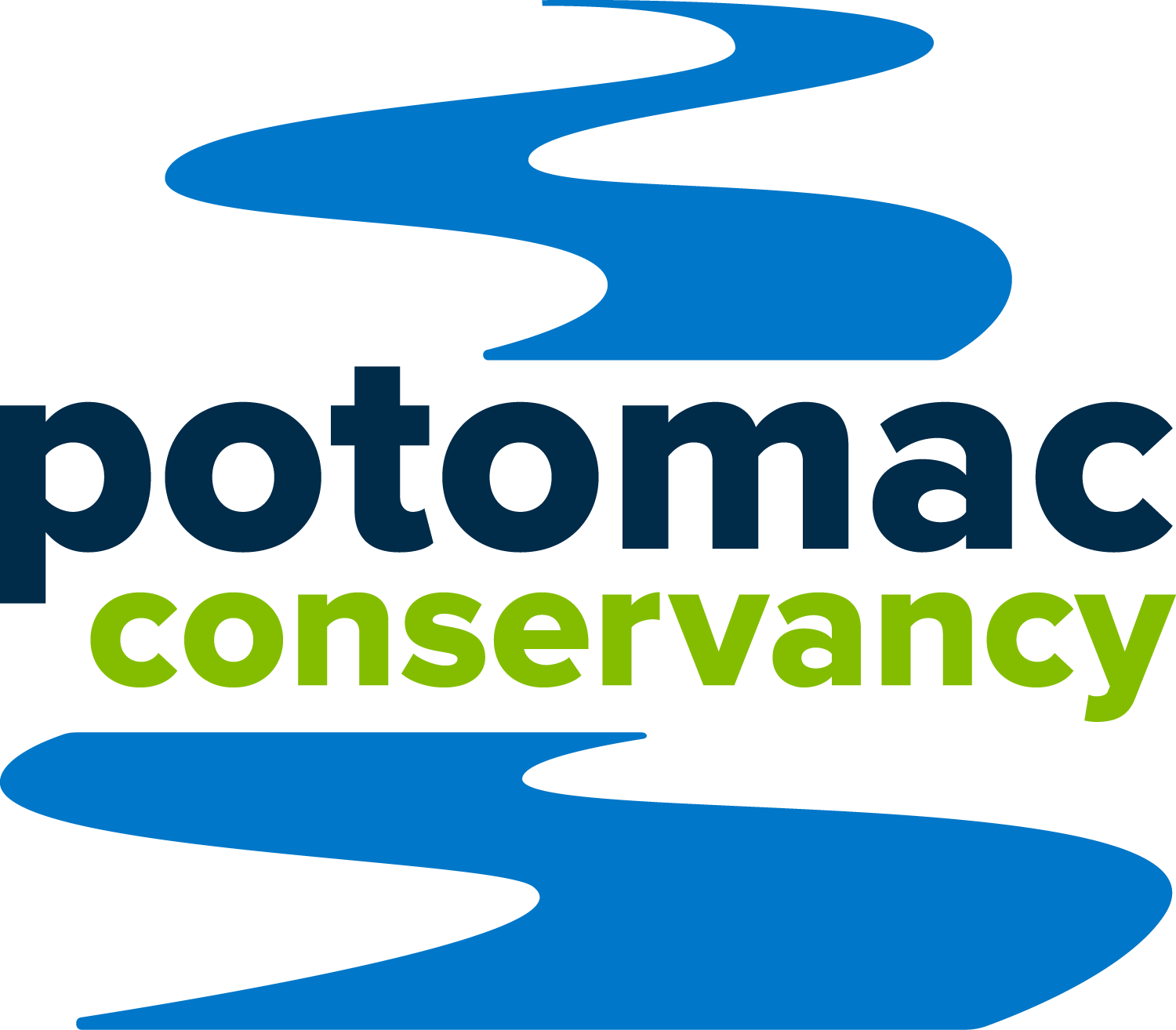Our vision and pledge for equity and justice in the Potomac River Watershed
/Statement from Potomac Conservancy
photo courtesy of will parson, chesapeake bay program
The well-being of our families and communities depends critically on the health of our lands, waters, wildlife, and our relationship with them. Potomac Conservancy envisions a watershed where clean water, outdoor experiences, and thriving ecosystems are safe and accessible for everyone and regarded as an essential part of public health. We also recognize the disproportionate barriers many in our community face to realizing this vision.
The historic and present-day abuses endured by Black, Indigenous, and other Peoples of Color (BIPOC)—including enslavement, displacement, and discrimination—have profoundly harmed the quality of their lives and continue to do so today.
The impacts of such discriminatory treatment over many decades—including from the environmental movement of which Potomac Conservancy is a part—extend to the relationships BIPOC and other historically marginalized communities and identities have with their lands and waters. The destruction of the natural environment and barriers to access and safety outdoors disproportionately affect these communities. This unfairly impedes their ability to enjoy clean water, spend time outdoors, and live as a part of a thriving, healthy ecosystem. Examples from communities in the Potomac River watershed can be found in the People, Health, and Justice section of our Potomac River Climate Report.
These inequities make Potomac Conservancy’s vision for our watershed impossible.
To address environmental injustices and more fully live our values as a leader in the community, Potomac Conservancy pledges to embed diversity, equity, inclusion, and justice into our core clean water work. We commit to working with community partners to make the outdoors a safe, inclusive space for people of any race, ethnicity, age, gender identity, religion, ability, socioeconomic status, or geography.
We invite you to read Potomac Conservancy’s commitments to diversity, equity, inclusion, and justice.
With gratitude,
Hedrick Belin, President
Rebecca Wodder, Board Chair
Kamil Cook, DEIJ Board Committee Co-Chair
Jeffery Franco, DEIJ Board Committee Co-Chair
Katie Blackman, Vice President of Programs and Operations, DEIJ Staff Lead
Photograph of anglers fishing along the Anacostia River is courtesy of Will Parson, EPA Chesapeake Bay Program.







All lands in the United States are the ancestral lands of Indigenous peoples. If we want to build an equitable and sustainable movement to protect the Potomac River, our local lands, and the climate, we must learn from Indigenous people and their legacy of environmental activism.